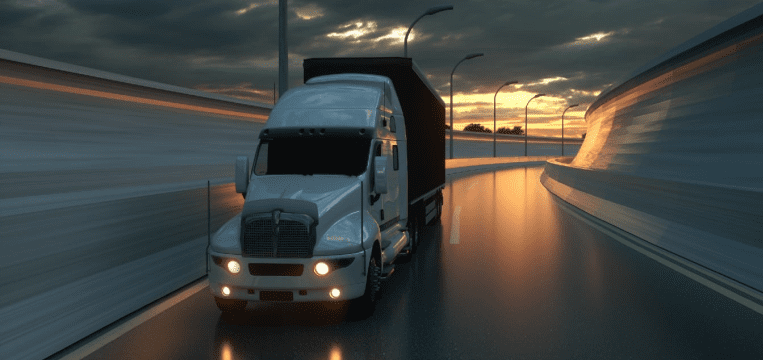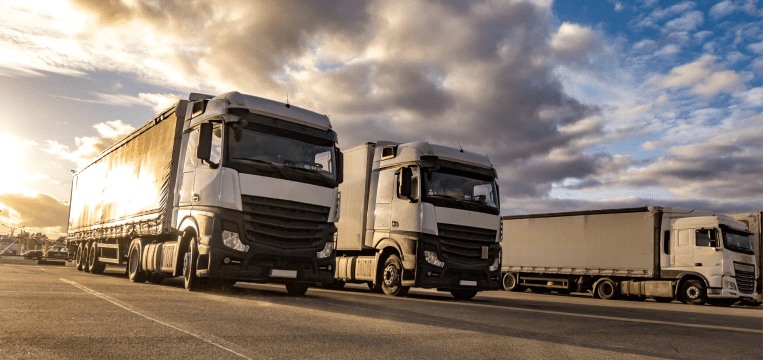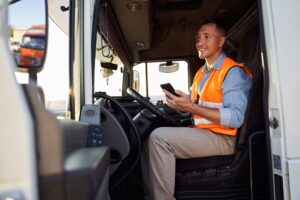The challenges of the pre-digital logistics era
Traditional logistics was characterized by manual processes, paper documentation, and a lack of real-time information. This inevitably caused inefficiencies in supply chain management, delays in shipments, difficulties in tracking and tracing goods, and a high error rate in inventory and freight management.
Communication gaps between stakeholders in the supply chain often led to mismanagement and delays, affecting the overall reliability and speed of logistics services.
The reliance on manual processes meant that coordinating shipments, managing warehouses, and ensuring timely deliveries required significant manpower and were prone to human error. Visibility into the supply chain was minimal, making it challenging to respond to disruptions, let alone predict them. As a result, businesses faced higher operational costs, lower customer satisfaction, and reduced competitiveness in the global market.
Considering all the challenges the sector was facing, the evolution of logistics technology has been transformative. With the integration of digital tools and platforms, logistics businesses have not only addressed these challenges, but also opened new avenues for innovation and efficiency.
Digitalization is the core of modern logistics
Digitalization in logistics is more than a buzzword – it’s the foundation upon which the future of the industry is being built. By utilizing the power of data, companies can streamline operations, from allocating unit capacity and managing freight to tracking shipments and optimizing storage. The result? A logistics ecosystem that’s not only more effective, but also far more adaptable to the ever-changing demands of the global economy.
Revolutionizing connectivity with the Internet of Things (IoT)
Mature IoT technology is connecting devices across the globe and enabling real-time data exchange. In logistics, this translates to vehicles that communicate with distribution centers, enabling up-to-the-minute updates on fleet status and helping to anticipate and mitigate potential risks. This constant flow of information is not just improving operational efficiency – it’s revolutionizing value-added logistics services.
Next-generation fleet management
For trucking companies, the fleet is their most valuable asset. Leveraging telematics and IoT, modern fleet management goes beyond mere location tracking; it’s about gaining insights into fuel consumption, safety, and maintenance planning. This enables a proactive approach that not only reduces costs but also enhances the overall efficiency of logistics operations.
Embracing automation for efficiency
Automation is one of the most transformative trends in logistics. From warehouses equipped with robotics to automated information exchange among stakeholders, automation is increasing speed, accuracy, and cost-efficiency. Distribution centers where robots and automated systems handle tasks seamlessly, boosting productivity and efficiency at every turn are now a reality.
Data-driven insights
Logistics companies now have the tools to analyze vast amounts of information, optimizing everything from routing to delivery schedules. This data-driven approach not only improves resource utilization, but also enhances decision-making, allowing for a logistics operation that is both agile and informed.
Logistics in the age of artificial intelligence
AI is not just about automating tasks – it’s about redefining them. From smoothing traffic flows to powering autonomous vehicles, AI makes logistics safer, more efficient, and surprisingly human. By reducing accidents and optimizing operations, AI is not just changing logistics, but also how we think about movement and transportation.
Empowering teams with smart solutions
What connects these logistics trends is that they simplify workflows and free up your employees to focus on what they do best. Solutions likeFreight Scan Document Management, for instance, empower your team by streamlining document management.
With the Scanbot SDK, any driver can capture high-quality scans of essential freight documents directly on their mobile devices.
The Scanbot SDK offers several standout features for the logistics sector. Its auto-capture and image optimization functionality ensures that even damaged or creased documents are scanned with ease, producing top-notch results every time. As it works offline, drivers can scan and save documents regardless of their internet connectivity. Moreover, the SDK supports multiple export formats, allowing companies to receive documents in the formats that best suit their systems.
By integrating the Document Scanner SDK into their operations, logistics companies can not only streamline their document management process but also move on to a digital, efficient approach to handling paperwork.
Mobile scanning technology reduces the risk of document loss or damage and shortens the time needed to process freight information. As a result, logistics teams can devote more time to strategic tasks, enhancing overall productivity and operational agility.



